The Archer equestrian team has 13 members and is overseen by Archer’s Head of School Elizabeth English, who is an equestrian herself. Unlike a conventional team sport like basketball or soccer, where athletes compete together, members of the equestrian team train and compete separately while earning points for Archer. Their only teammate on the field is their horse.
Students compete individually at the same location when representing Archer. Some show destinations include Hansen Dam Horse Park and Thermal, Palm Springs. However, when competing outside of school, the show’s venue depends on the equestrian. The team overall won the championship for the Interscholastic Equestrian League last year.
There are many different divisions in which the team can compete, depending on talent, capability and training. The Jumper category showcases a horse’s jumping ability and the skill of the rider, while the Hunter category focuses on horses competing in a division, where the judges evaluate the horse’s performance, soundness and style. There is also the Equitation category, which highlights the rider’s skill, style and control of the horse.
Goldie Bronson (’25), one of the team captains, talked about what it is like to work with an animal. She said it takes time to learn how to communicate with them.
“You’re working with [a horse] that has a mind of its own,” Bronson said. “There are days where your horse just doesn’t want to do it, and you’re like, ‘I’m on top of the world. I’m ready to go kill it’ and your horse is like, ‘Maybe not.'”
When asked about what it’s like to work with a horse as their sole teammate, students on the team talked about how unpredictable the horses can be. Laila Boodell (’28) said, in the sport, body language is very important.
“You have to be completely sure of what you want to do,” Boodell said. “You can’t have any doubts, because they might not understand what you’re trying to say.”
Cecelia Raskind (’30), another rider on the team, said the lack of verbal communication with her horse can be a positive aspect of the sport. This unique dynamic allows riders to build a deep connection with their horses, she said, where they can express themselves without fear of being judged.
“It’s nice,” Raskind said. “[The horse] can judge you, but it can’t say that it’s judging you.”
Boodell, Raskind and Bronson all said they had a lot of time dedicated to practice year-round. Their practice schedule ranges from 5 to 6 days a week, often commuting to their barns. This frequently results in late nights on school days. However, dedicating time to the sport helps them build the bond with their horses, which they need to perform well.
“Nothing’s [going to] be perfect without the bond; first, you have to build it, and then [the horses] listen to you better,” Bronson said. “I talk to the [horses], I tell them that they’re doing a good job … They need positive affirmation, just like us.”



![Laila Boodell ('28) gently hugs her show horse, Calvin, while on a walk around her barn. "[Calvin] is gigantic, but he's like a little puppy," Boodell said. "He's insanely obedient."](https://archeroracle.org/wp-content/uploads/2025/02/MG_0073-1200x800.jpg)

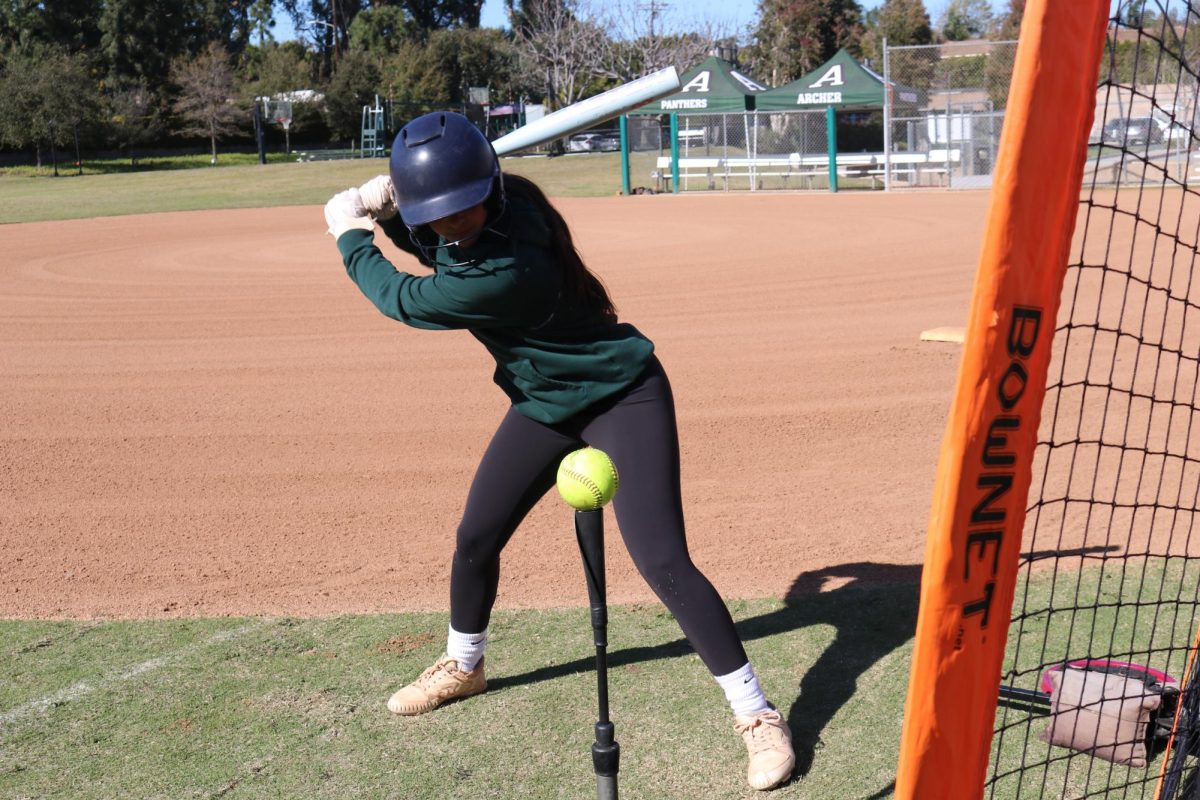
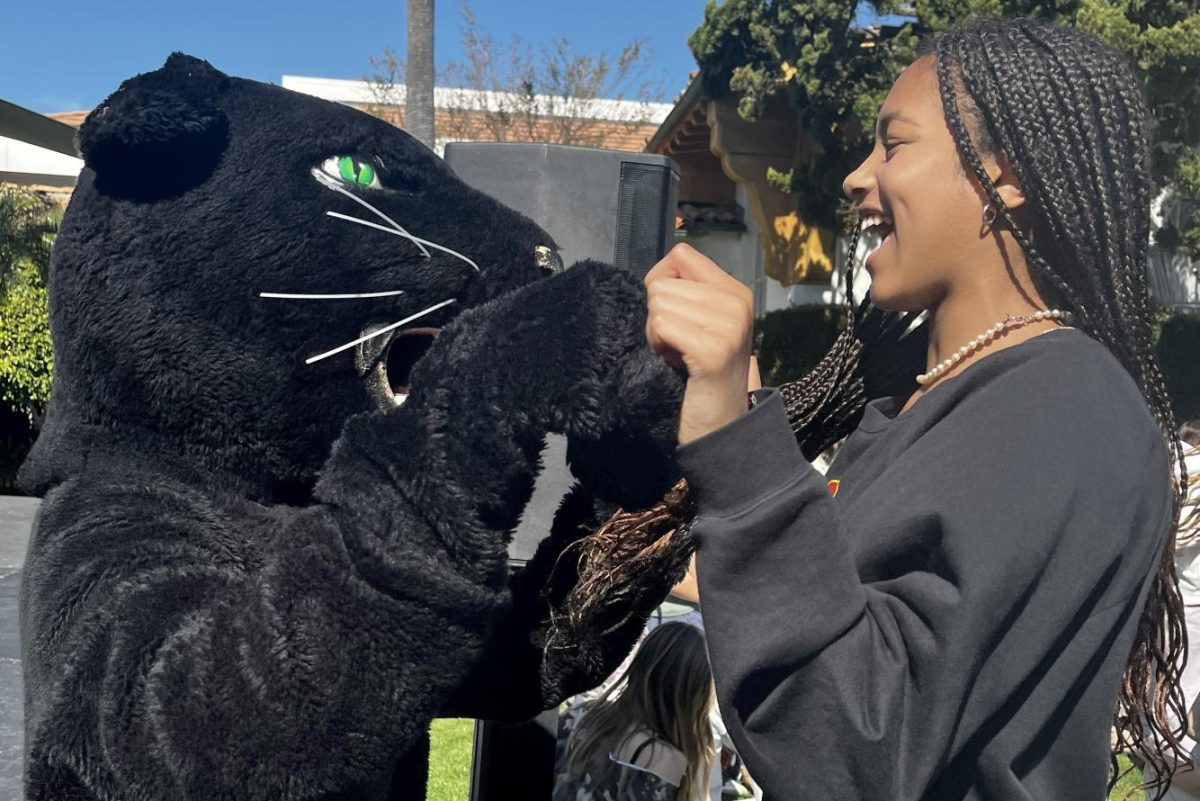
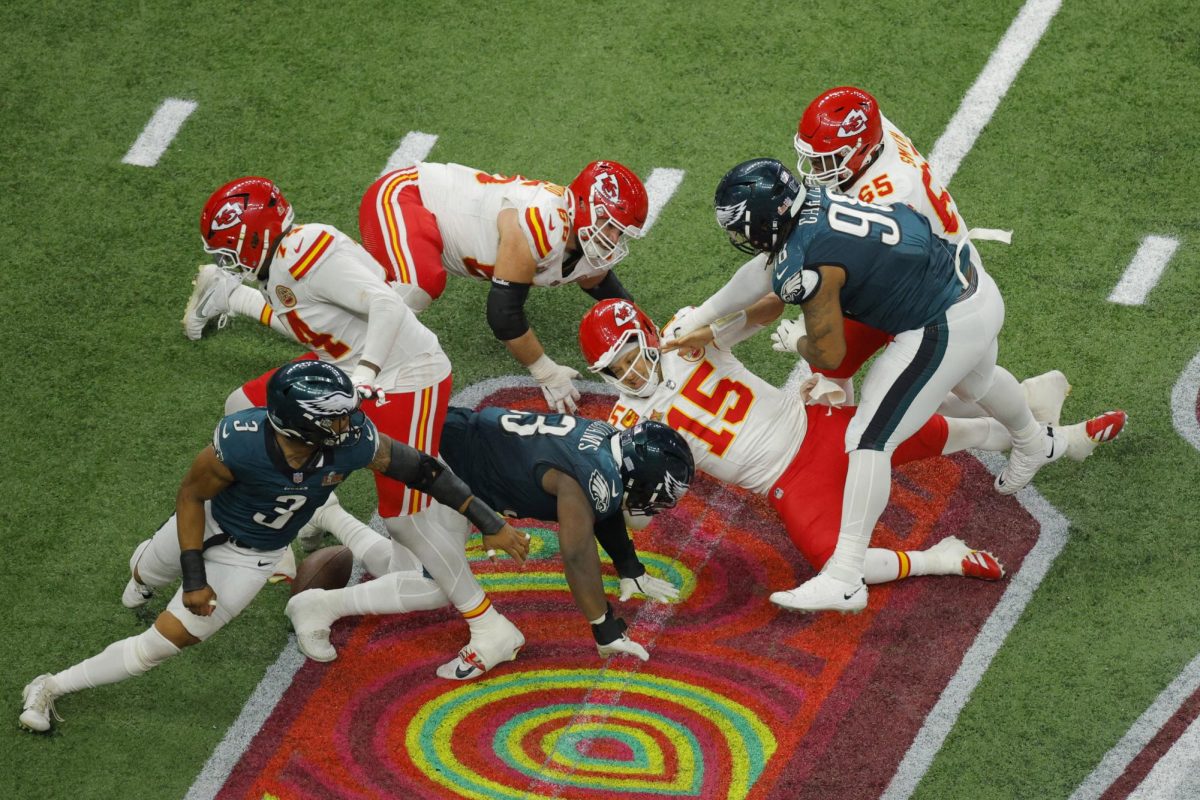
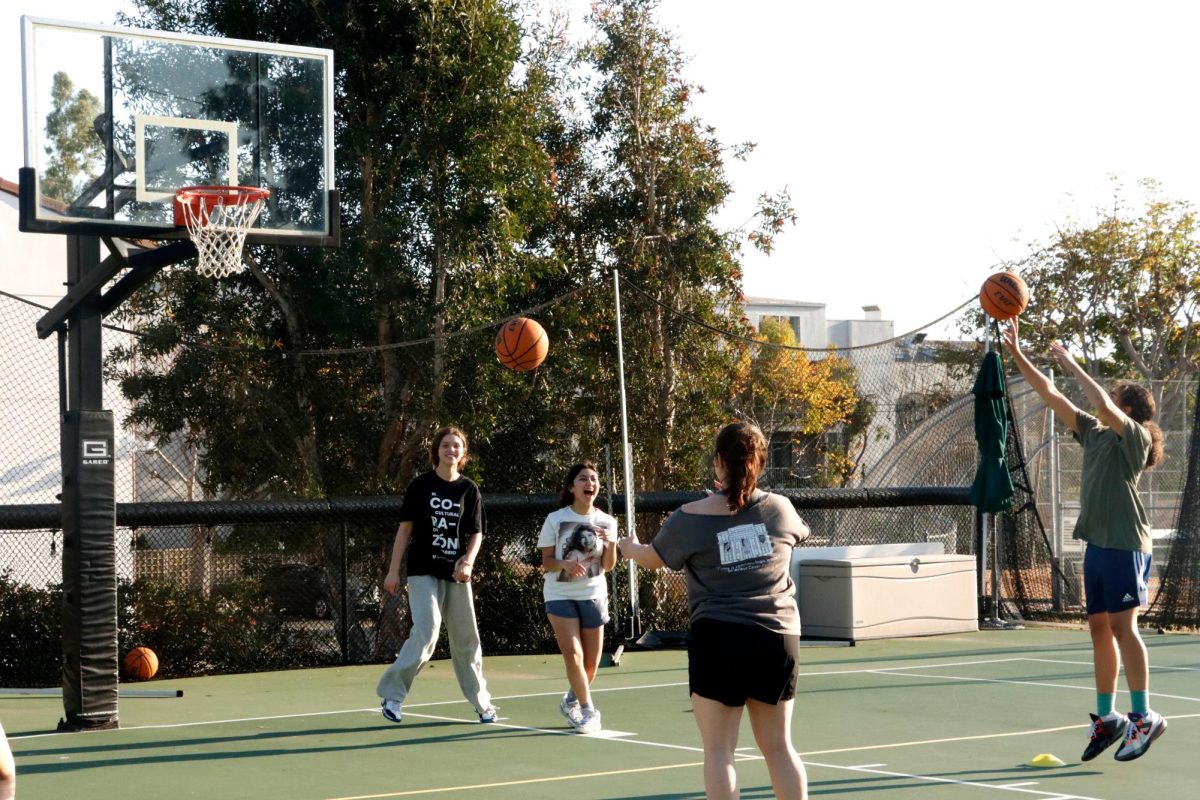
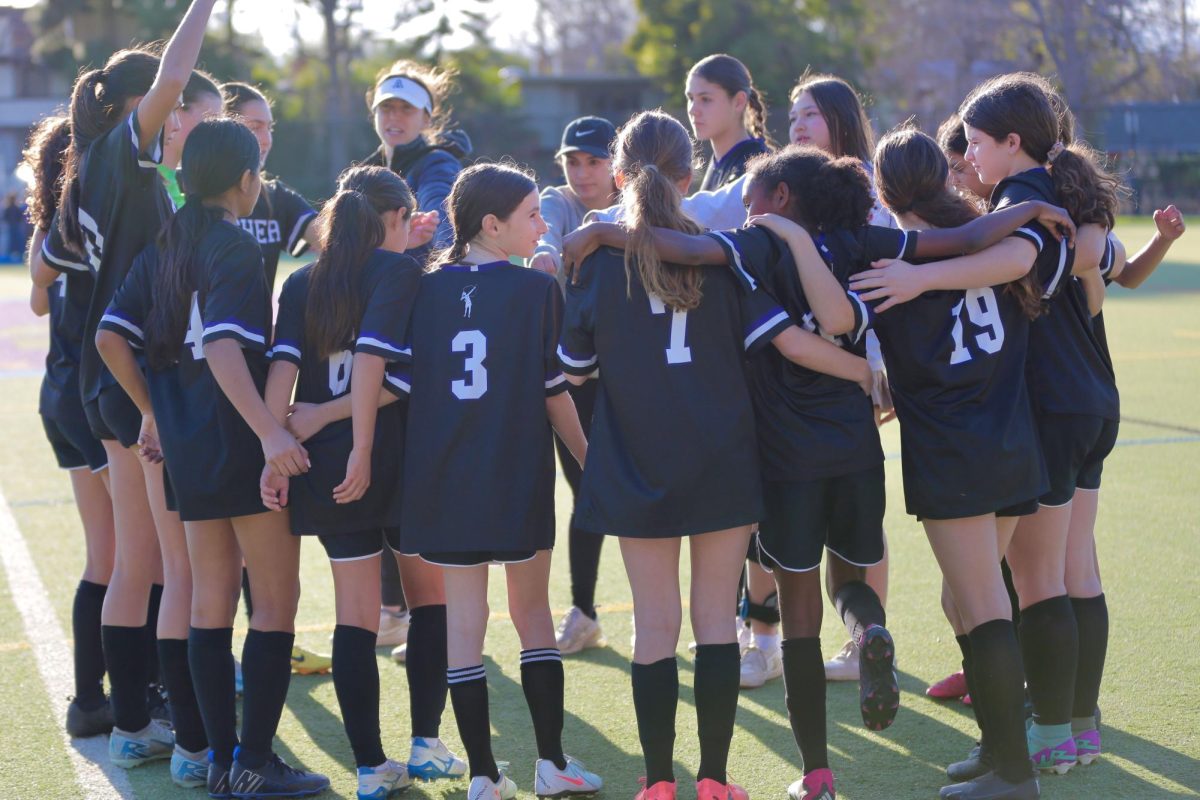

Shana • Feb 26, 2025 at 3:09 pm
I never thought of this as a sport — thanks for enlightening me!